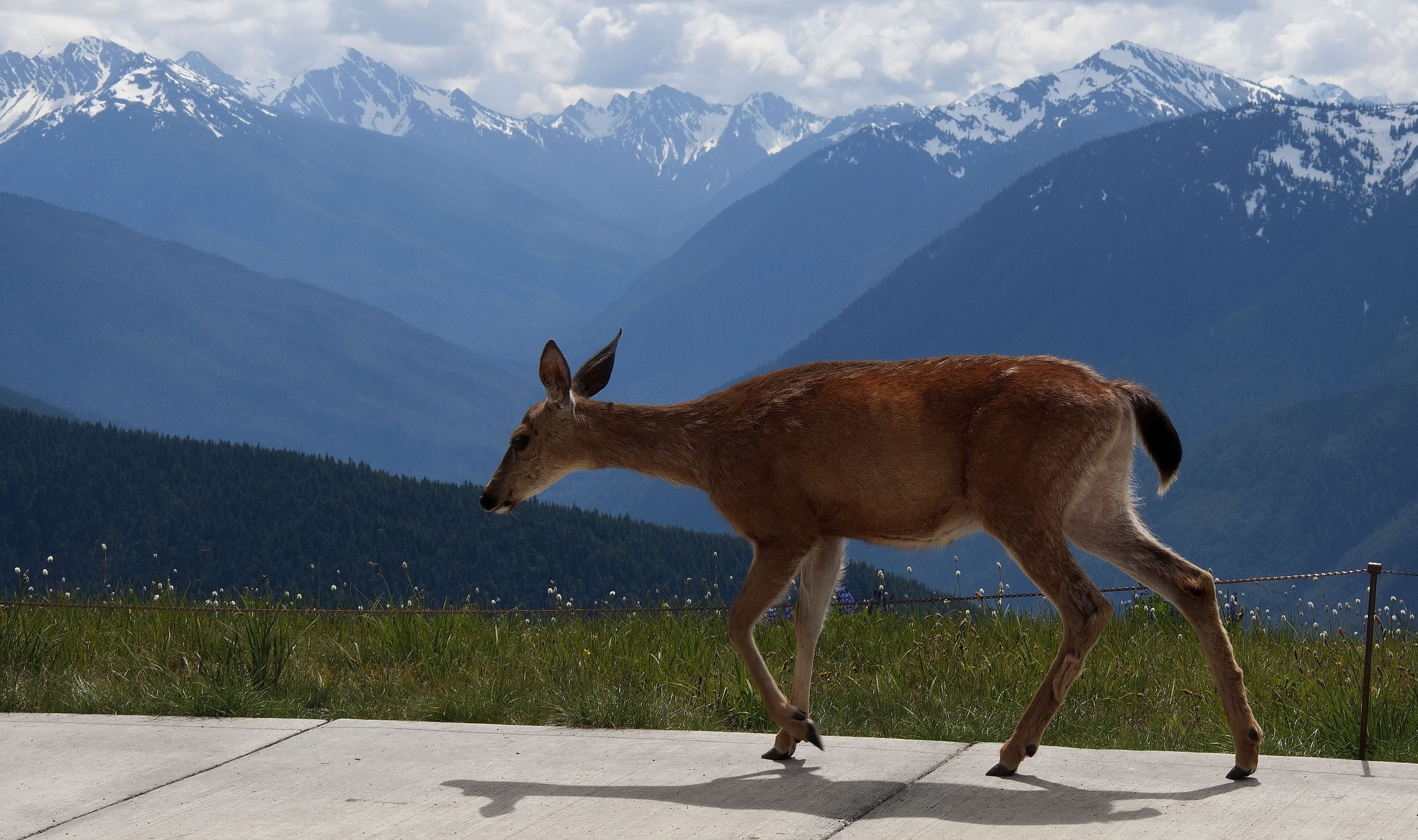Beryl, Pancho, and the Bermuda Seed
The remnants of Tropical Storm Beryl came through the Pine Curtain on July 8, after hours earlier leaving a half-million folks without power in the Houston area. We were far more fortunate than Bayou City residents, where more than 100,000 are still without power a week later. But the six-plus inches of rain that pummeled Three Geese Farm certainly had consequences, though nowhere near as dire. Our experience drove home the perils of hobby farming. It also reinforced my gratitude that we are not actually trying to make a living at this endeavor. So please read this in the spirit intended — not to complain or bemoan, but to possibly entertain.
Pancho’s Pond, down the hill from our house, has a couple of acres surrounding it that I planted in ryegrass last fall. Ryegrass dies when warm weather arrives, so this summer I planted Bermuda grass, a more permanent forage. I carefully followed the advice of friends far more versed in these endeavors than myself. I disced up the soil, then planted 100 pounds of seed (about $700). Then I disced it up again, using long-borrowed implements to do so. Never buy farm implements you can borrow when you are a hobby farmer.
This soil preparation and planting required unhooking the bushhog, hooking up an ancient (but greatly appreciated) harrow discer, then hooking up the seed spreader, then the discer again — and finally the bushhog so we could  keep mowing elsewhere. Changing out these heavy, balky and largely uncooperative implements in 90-plus heat was exhausting and time-consuming. I now understand why some folks with more money than me have more than one tractor, in order to avoid this torture. But I got it done. Next step was to rent a pond pump, so I could water the grass seed, since the weather had turned off dry. The fellow at the rental store offered sage advice and also sold me a used tripod sprinkler that covers roughly a 50-foot radius. After a few false starts, largely due to operator error, I got the sprinkler going. Pancho the Donkey watched bemusedly as the sprinkler head shot out a steady stream of pond water.
keep mowing elsewhere. Changing out these heavy, balky and largely uncooperative implements in 90-plus heat was exhausting and time-consuming. I now understand why some folks with more money than me have more than one tractor, in order to avoid this torture. But I got it done. Next step was to rent a pond pump, so I could water the grass seed, since the weather had turned off dry. The fellow at the rental store offered sage advice and also sold me a used tripod sprinkler that covers roughly a 50-foot radius. After a few false starts, largely due to operator error, I got the sprinkler going. Pancho the Donkey watched bemusedly as the sprinkler head shot out a steady stream of pond water.
I watered steadily for a few hours each of the next three days. On the fourth day, Beryl showed up and definitely outstayed her welcome. I had left the pump, intake hose, and tripod sprinkler down by the pond, since the pump wasn’t due back at the rental store until the following day. Having no choice, I worked at my desk and watched the rain pound the pond and pasture. After several hours, the pond was out of banks and had not only filled Pancho’s pasture but the side pasture that serves as an overflow outlet. We now had waterfront property!
By dusk, the rented pu mp was underwater, and Pancho was stuck on a small piece of high ground. My Beautiful Mystery Companion and I went down with a bucket of feed as solace for our donkey. I dragged the pump to higher ground. Soon after, Pancho figured out how to get back to the shed where he had more dry space. The Bermuda seed in which I had invested a goodly amount of money was likely floating down to Caddo Lake, which is where Glade and Witcher creeks, which run through our land, eventually drain. There was nothing to be done for it but watch.
mp was underwater, and Pancho was stuck on a small piece of high ground. My Beautiful Mystery Companion and I went down with a bucket of feed as solace for our donkey. I dragged the pump to higher ground. Soon after, Pancho figured out how to get back to the shed where he had more dry space. The Bermuda seed in which I had invested a goodly amount of money was likely floating down to Caddo Lake, which is where Glade and Witcher creeks, which run through our land, eventually drain. There was nothing to be done for it but watch.
By the next morning, the pond was back in its banks, the side pasture had drained, and a young doe grazed peacefully where several inches of muddy water had stood 12 hours earlier. We donned rubber boots and hauled the pump out. I rinsed the mud off the pump, turned it upside down to get water out of its gas tank and took it back to the rental store, confessing that it spent some time submerged. They shrugged and said they would take care of it. I figure they are used to amateurs.
It is still too early to tell if any of the Bermuda seed is going to sprout, though I am not terribly optimistic. At this late stage in the summer, I’ll just buy three-string hay for Pancho and wait until autumn to again plant ryegrass. We can try again with the Bermuda next spring.
Next time, I plan on getting the seed into the ground well before hurricane season arrives.
Leave a reply
Fields marked with * are required











